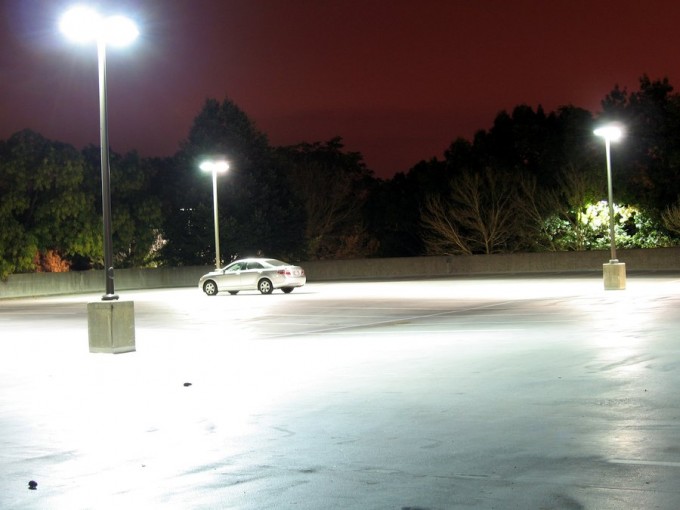Emma Törzs
The last time I saw my older sister was in Brewster, Cape Cod, on the Wing Island Bird Banding Station. She made me hold a tern as she fastened the tracking band to its leg, and against my palm the tiny heart juddered like a plucked string.
“God, I’m so sick of this job,” my sister said as we squinted the tern back into the clear sky. “I’m sick of the ocean, and the sun.”
“Boo hoo,” I replied, because it’s tough to have sympathy for a statement like that, especially when you’re living in Minnesota, landlocked and restless in a city where everything seems grey grey grey, and your sister walks to work each morning down a quiet sandy road, through thorn-crusted bushes of scrappy pink beach roses and swaths of lean red-barked pines exploding from clean soil. The smell of peat and salt intoxicating, the sea glittering huge in the distance.
I had no sympathy.
But I revisit that moment, sometimes dreaming, sometimes awake, and I never roll my eyes at her. I say instead, “What would you rather be doing?” I ask her where she would go. The police claim her house was spotless, bed made and the dishes stacked neatly in cupboards, but my sister always left cereal bowls piled on her countertops, and she threw her clothes everywhere, tracked sand across the carpet and put dirty feet on old sheets. She must have cleaned her house because she knew she was leaving. They never found a body. I really think she must have up and left.
The day I visited, we left the station around sunset and walked down over the blonde wooden boardwalks to the beach, spread ourselves out under the weightless sky to eat our dinner. She had packed peanut-butter and jelly sandwiches, and I’d sat at the cracked kitchen table that morning and watched her, remembered being a little girl, standing at her hip as she put apples and juice boxes into brown paper bags and told me to come straight home from school.
I picked sand off a grape and noticed that the crusts were still on and that she’d used crunchy peanut-butter, which I guessed meant that she’d decided I’d finally grown up enough to appreciate the finer things in life. It made me smile. I still preferred smooth.
“Most of these birds are banded,” she said, and I think she sounded proud. “See?”
She pointed to a sandpiper by the shoreline, to the orange plastic around its leg.
“You gonna do that to your kids someday?” I asked her, and she laughed.
“Hell yes. Modern technology, gotta take advantage of it.”
She was pushing thirty, new lines on her face, cracks around her eyes from smiling under the sun, and I’m glad I got to see them. That hint, the promise of age.
“Look,” she said, pointed. “An osprey. Gorgeous birds, huh?”
A pinsharp hawk-like shape wheeled in the distance, dipping down towards the water and then back up, buffeted by the wind. A national geographic stock photo, wingtips illumed against the sky and the blazing backdrop of memory.
“Traceable,” she said with satisfaction. “Anytime, anywhere.”
“Woah,” I said, playing my part, though at the time I couldn’t really get the point of tracking so many birds. That’s changed, I guess.
“Gorgeous birds,” she said again, and flopped back onto the sand, arms behind her head. I stayed upright and watched the sun sink down, burning even as it disappeared over the unsettled horizon, and I thought about how it felt to hold that tern. How the trip-hammer beat of a heart under feathers always gets me afraid of what I could do.
Emma Törzs is currently an MFA candidate in fiction at the University of Montana, and her work has appeared in No Record Press’s Red Anthology, Fiction at Work, elimae, and is forthcoming in ABJECTIVE.

